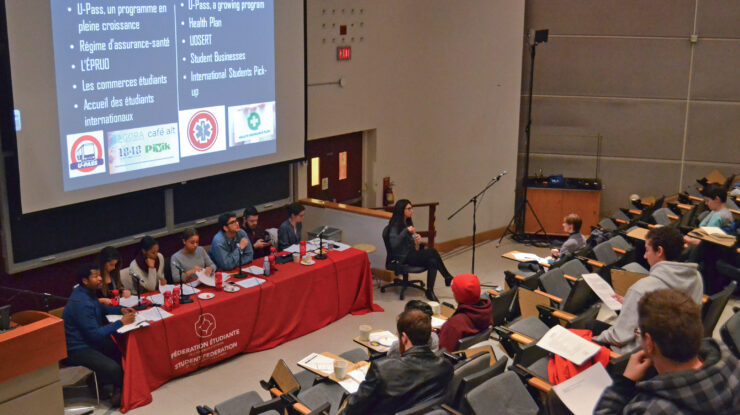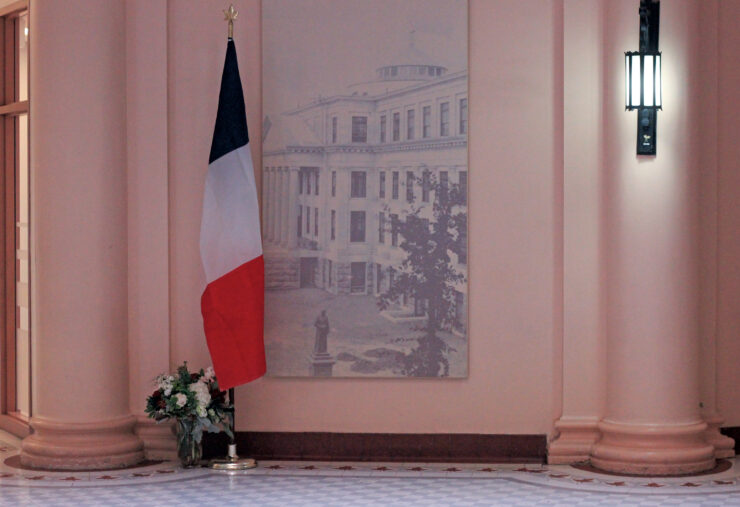Student-teacher relationships aren’t necessarily a bad thing
Under Policy 67, the university identifies student-professor relationships as sexual harassment and states that it “strongly disapproves of romantic or sexual relationships between faculty members and students … and expects members of its community to refrain from engaging in them”.
Understandably, strong arguments have been made against these relationships and the troubling power imbalance that often comes with them. These seemingly consensual relationships can often turn predatory. Professors have a lot of power when it comes to the academic futures of their students. This power often times prevent students from coming forward in cases of sexual assault or harassment, and leads many to question whether there was legitimate consent in the first place.
Relationships in any capacity can often turn bad, sour, or abusive. It makes it even worse when this partner has power over you and your future. Although there can be healthy, strong relationships that come out of professor-student relations, those are generally the exception, not the rule.
That being said, the university should be focused on helping victims, and preventing the abuse rather than equating all professor-student relations with sexual harassment. These relationships, just like all relationships, don’t automatically lead to abuse or exploitation. It’s the abusive and exploitative people that cause that to happen.
Not to mention that, as we’ve seen with alcohol prohibition, laws against abortion, and the war on drugs, defining a behaviour as illicit is far from a guarantee that it won’t happen in practice. In fact, those who use drugs for example under such regimes are often left unassisted when their situation becomes dire.
This is not so unlike an outright ban on student-teacher relationships—is it doing victims of abuse any favours to take this approach?
Providing resources like the Women’s Health Center, Protection Services, and the Human Rights Center plays an important part in helping to prevent these unhealthy relationships from progressing. In the future, the university could introduce workshops for faculty members and students on healthy consensual relationships, and provide even more resources to help students come forward.
Maybe students should only engage in relationships with members of other faculties, wherein the power dynamic isn’t so pronounced. For relationships that are truly consensual and healthy, the university needn’t get involved.
There’s a plethora of sexual harassment that goes on at the U of O. Relationships between two consenting adults shouldn’t be the university’s primary concern. Instead, they should focus on the sexual assault convict studying at that the U of O law school. Or maybe the former UOHS doctor who’s facing over 80 charges of sexual assault. Stop calling a consensual rendez-vous sexual harassment, and leave us alone to the library, or lecture hall, office, or bedroom.
The university needs to focus on actual forms of sexual harassment, exploitative and abusive relationships included, happening on its campus, and get its nose out of healthy student-professor relationships.





